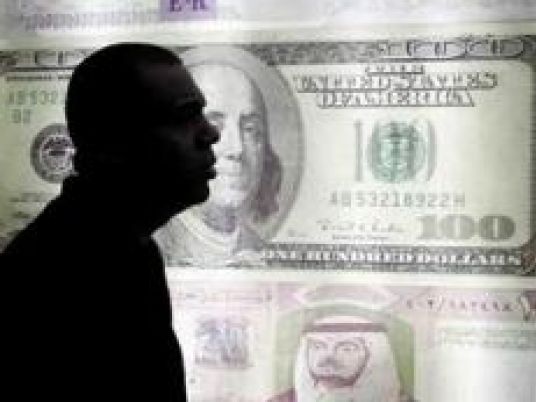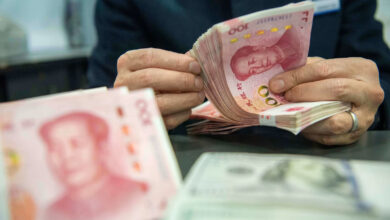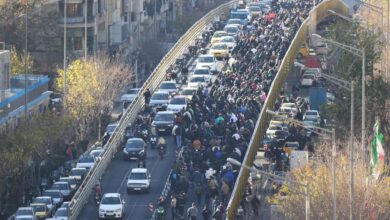
The Egyptian pound held steady against the dollar at an official foreign currency auction on Sunday but weakened on the black market.
Egypt, which depends on imports for its food and energy, is facing a foreign currency crisis and authorities are under increasing pressure to devalue the pound.
But the central bank surprised markets when it strengthened the pound by 20 piasters in November and has held it steady ever since.
The central bank sold US$38.8 million at a cut-off price of 7.7301 pounds to the dollar on Sunday, unchanged from the previous auction.
The official rate is still far stronger than the black market rate, which weakened to around 8.85 pounds per dollar on Sunday from 8.80 pounds on Thursday.
To help relieve a dollar shortage that has seen imports of essential goods piling up at ports, the central bank raised the cap on foreign currency deposits at banks fivefold to $250,000 in January.
The cap, implemented a year ago with a $50,000 limit, aimed to counter the black market for dollars.
Egypt has been starved of foreign currency since an uprising in 2011 ousted autocrat Hosni Mubarak but drove tourists and foreign investors away.
Its foreign currency reserves have tumbled from $36 billion in 2011 to $16.48 billion at the end of January, and the country has been rationing dollars through the weekly dollar auctions to banks, keeping the pound artificially strong.
The bank's Monetary Policy Committee raised benchmark rates by 50 basis points last month, citing inflationary pressures.
($1 = 7.8300 Egyptian pounds)




